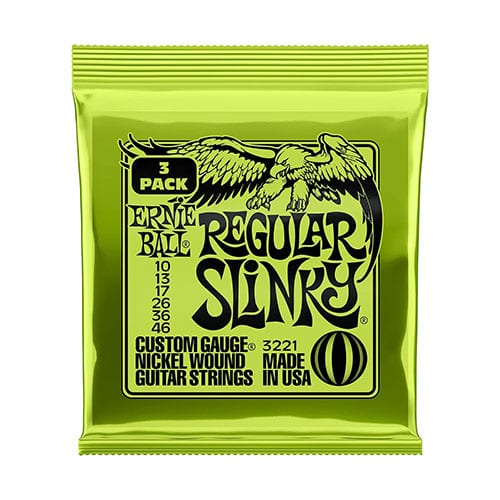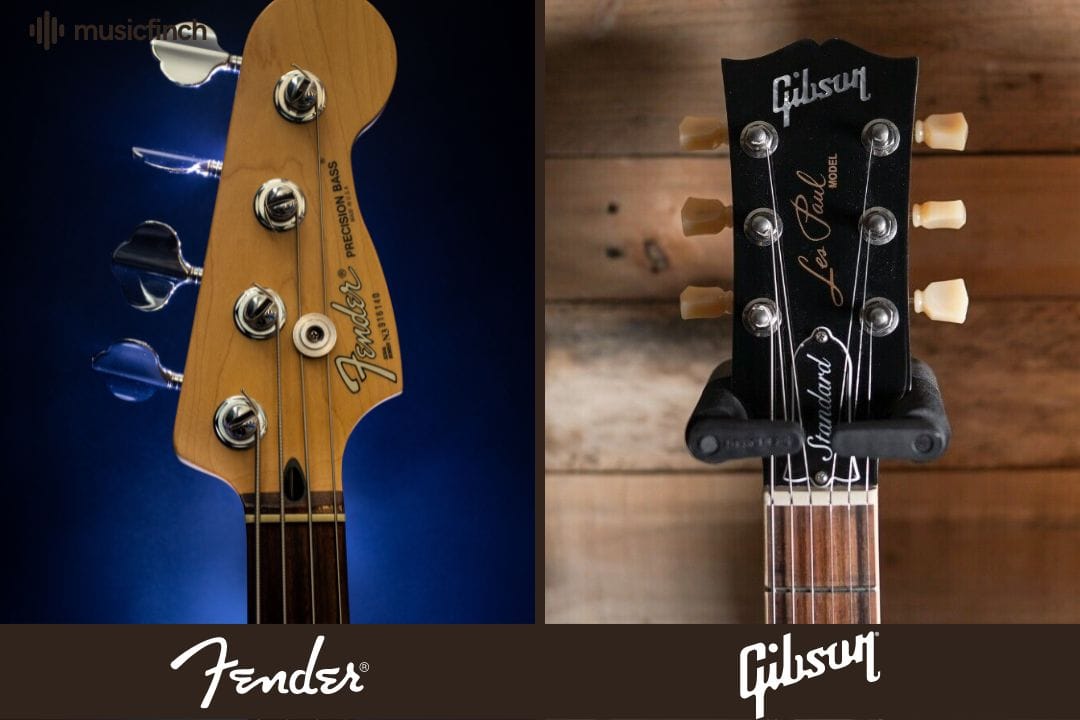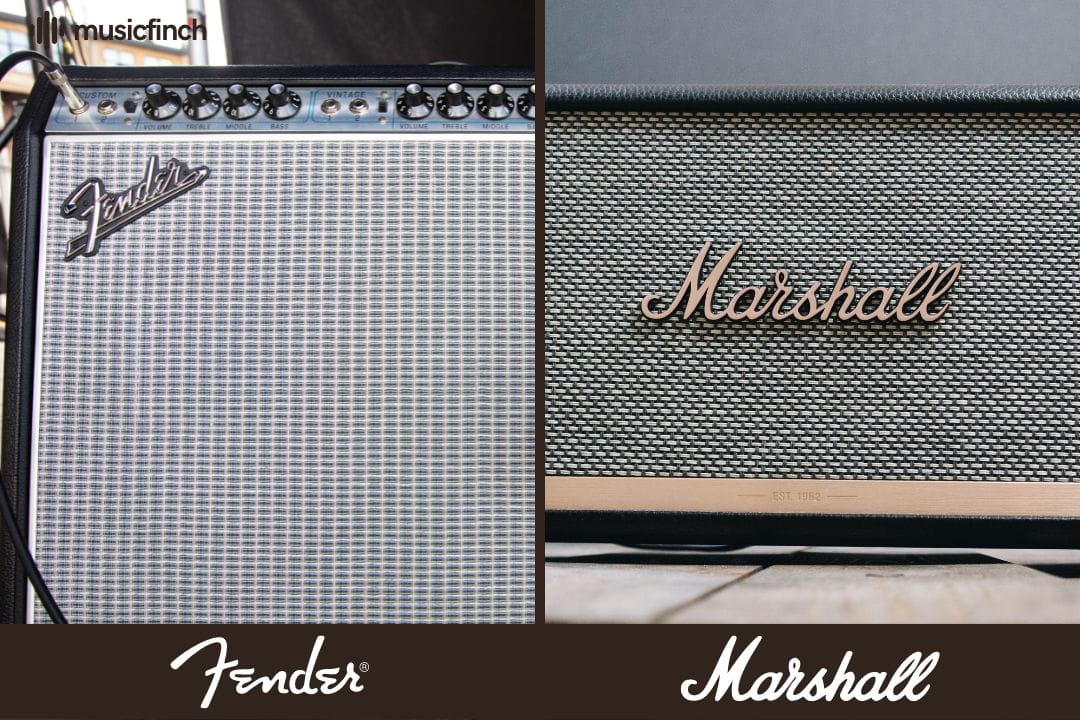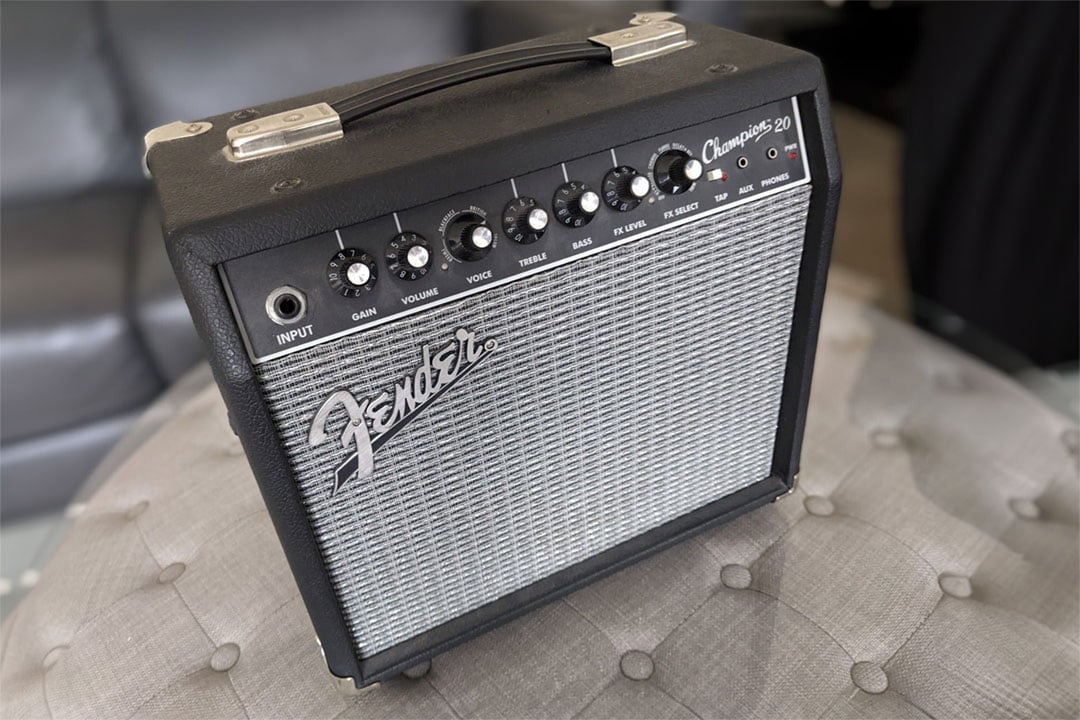Selecting the best electric guitar strings depends on your preference, playing style, and the specific sound you wish to achieve.
The strings for electric guitars are typically made from nickel-plated steel or pure nickel.
- Nickel-plated steel strings deliver a balanced and even response and are among the most popular types due to their combination of brightness and warmth.
- On the other hand, pure nickel strings provide a warmer and mellow sound, making them ideal for vintage tunes.
Best Electric Guitar Strings
Here is a quick overview of some of the best electric guitar strings, as reviewed and recommended by experts:
| # | Brand / Model | What They Sound Like | Noteworthy Feature |
|---|---|---|---|
| 1 | Ernie Ball Slinky Series | Well-balanced, bright sound; available in various gauges | Nickel-plated strings |
| 2 | Elixir Optiweb | Bright, resonant sound; lasts longer than many other brands | Patented Optiweb treatment |
| 3 | D’Addario EXL | Bright, punchy sound with warming low-ends | Available in several construction options |
| 4 | GHS Boomers | Bright tone | Nickel-plated strings |
| 5 | D’Addario XT | Tuning stability; long-lasting freshness | High-carbon steel core and thin hydrophobic coating |
Ernie Ball Slinky

These widely used strings deliver a balanced and bright sound. They are available in 17 different gauges and offer good durability.

- Legends like Slash, Jimmy Page, and Metallica use Ernie Ball Slinkys.
- Regular Slinky’s 10-46 gauge is an industry favorite across genres.
- Element Shield Packaging ensures prolonged string life.
- Strings produce a vibrant, balanced sound.
Elixir Optiweb
Popular for their bright and resonant sound, these strings are known to last longer than many other brands.

- Strings for electric guitars made from nickel-plated steel wire
- Delivers a clear tone similar to that of uncoated strings
- Features OPTIWEB Coating for a natural feel
- The plain steel strings come with Anti-Rust Plating for enhanced tone durability for the set.
D’Addario EXL

This range is known for its bright, punchy sound with warming lows. Available in different construction options, these strings suit various styles.

- EXL110s rank among D’Addario’s most favored round-wound, nickel-plated electric guitar strings.
- EXL110 strings are D’Addario’s top-selling set.
- Great balance of tone, flexibility, and durability.
GHS Boomers
These nickel-plated strings provide a bright tone and come in a value-for-money package.

- GHS Boomers series: the flagship of GHS Strings since 1964
- Constructed with Nickel-Plated steel wrapped around a round core wire
- This composition gives the string its distinctive bright feature and enduring tone
D’Addario XT
Renowned for their high-carbon steel core and a thin hydrophobic coating, these strings deliver tuning stability and a fresh string sound for longer.

- Merges popular electric guitar alloy with extended lifespan treatment.
- Maintains the natural tone and touch of uncoated strings.
- Features Fusion Twist technologies for enduring tuning stability.
This list is not exhaustive, and several other string manufacturers offer excellent strings that suit different styles and preferences.
Remember, the ideal electric guitar string set will depend on your unique style and preferences.
Finding the perfect fit may take some time, so don’t hesitate to experiment with different brands, materials, gauges, and coatings.
Your perfect string set can redefine your guitar’s performance and elevate your music.
The Importance of String Gauges

One of the key considerations when choosing the best electric guitar strings is the string gauge, which refers to the string’s thickness.
Commonly, you’ll hear references to strings as “9s” or “10s”.
This means the top string measures .009 or .010 inches thick.
- Thinner strings, also known as light gauge strings, are easier to play and great for bending. These strings are an excellent choice for beginners and professional players alike.
- On the other hand, heavier gauge strings are usually preferred by players who have a heavier touch or those who tune below the standard E, as they hold tuning better.
| String Gauge | Characteristics | Genres/Situations | Notable Guitarists |
|---|---|---|---|
| Thin Guitar Strings | Bright tones, suitable for fast technical play and easy bending. | Country, Folk, Pop, Jazz, Some Blues | Jimi Hendrix, Brian May, B.B. King |
| Medium/Hybrid Strings | Versatile, thicker lower strings with thinner upper strings. | Rock, Blues, Both Rhythm and Lead Play | Slash, Eric Clapton, Zakk Wylde |
| Thick Strings | Great for deeper, bass-heavy sounds and preferred for lower tunings. | Metal and Heavy Rock, Blues, Slide Guitar and Drop tunings | Stevie Ray Vaughan, Malcolm Young, Joe Bonamass |
Each player has a unique style, so you must experiment with different string gauges to determine what works best for your preference and playing style.
Coated vs. Uncoated Strings

With the advent of modern technology, coated strings have become more popular in the guitar string market.
These strings feature a very thin layer of coating that prevents dirt, sweat, and other corrosive materials from damaging the strings.
While coated strings last longer and maintain a fresh string sound longer than their uncoated counterparts, they tend to be pricier due to the additional processing involved.
However, not all players prefer the feel of coated strings.
For those who do, though, models like the D’Addario XTs are popular as they provide the benefits of coated strings with a feel similar to traditional uncoated strings.
Popular Brands
Regarding brand selection, Ernie Ball Slinky sets and D’Addario EXL range are two of the most popular options in the market.
They come in various gauges to suit individual player preferences and consistently deliver excellent sound quality.
The Elixir Optiweb also garners good reviews due to its exclusive coating that enables long-lasting freshness.
The D’Addario XT series has gained popularity recently, offering a protective coating on all six strings, as opposed to just the three or four wound strings used by other brands.
How Often Should You Change Guitar Strings?
There’s no definitive rule for when you should change your electric guitar strings.
It primarily depends on how much you play and the conditions in which you play.
Professional players with heavy use and frequent performances may need to change strings after every gig, whereas casual players may only need to change strings once every few months.
Keep an eye on the appearance and sound of your strings. It might be time for a change if they start looking rusty or dull or if their sound quality deteriorates noticeably.
Regular string changes ensure optimal performance and longevity of your instrument.
In My Opinion: What I recommend
Having tried numerous sets of strings in my decades-long journey as a musician, I personally have a fondness for the Ernie Ball Slinky set.
In my opinion, the Ernie ball slinky Regular strings are the best electric guitar strings for most players.
Their well-balanced, bright tone complements my playing style, rooted in high-energy rock and roll.
I’ve tried all the various gauges on offer. They Let me experiment with my sound, and over time, I have come to prefer the heavy-bottom Slinky sets.
Their nickel-plated strings are highly durable, even under rigorous playing schedules.
That said, I’ve learned that not all guitars react similarly to a string set.
For instance, I lean more toward the D’Addario EXL range on my vintage Gibson guitar.
The bright punchiness combined with the warming low-ends brings out the best in this particular instrument.
However, I do advise every guitar player to experiment.
Our playing style, the exact guitar we use, and even the atmospheric conditions around us play a role in deciding the perfect string set.
What works for me might not necessarily be the best fit for you.
So, don’t shy away from exploring different brands, gauges, and coatings. You might stumble upon a set of strings that redefines your sound.





